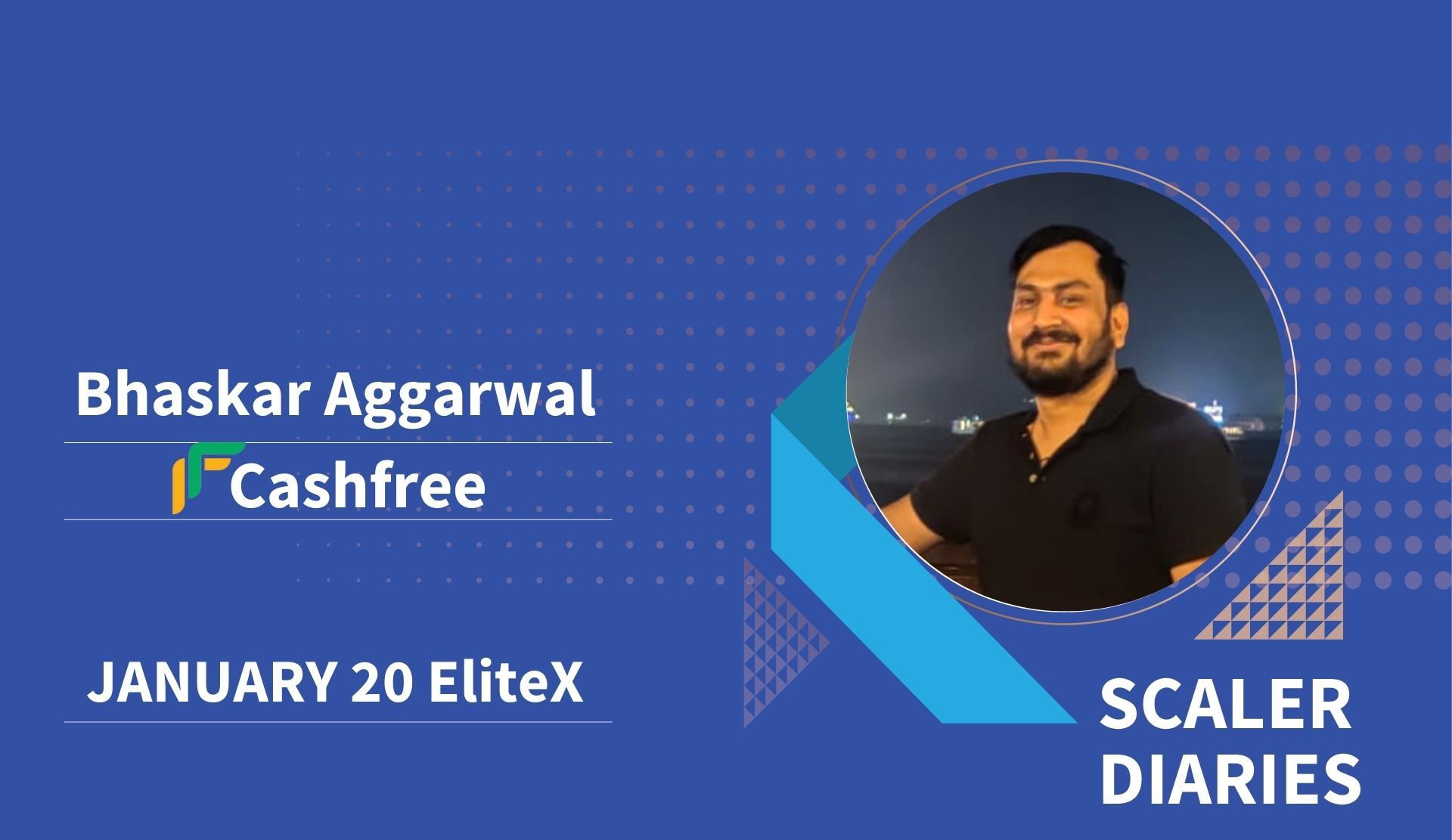I was 11 years old when I made up my mind that I would grow up to become a software engineer. The ‘how’ to this, however, was unanswered since there was no one in my family to guide me about it. I found my answer one morning when the morning newspaper was filled with the results of JEE, and my cousin told me that if I wanted to study software engineering, I should aim for the IITs. Keeping this aim in mind, I moved to Allahabad after my 10th grade to finish my schooling and attend coaching classes.
But, that plan didn’t come to fruition -- I couldn’t score enough to get computer science in any of my preferred institutes even after my second attempt. So I decided to take admission at MMMUT, happy that I could at least study my passion. But since I had had no exposure to coding before, I spent the first three months learning the basics of coding. I learnt the languages and practiced coding. Eventually, I also got introduced to competitive programming through my roommate -- and once I tried it, I was so fascinated that I started practicing and participating in competitive programming contests.
During this time, I got an opportunity to interview with Microsoft for an internship, and I took it up, although I didn’t have any expectation of getting selected for the same. But when I found myself sitting between the 250 young, talented students, and managed to get shortlisted in the list of 15 students after the first round, I realised I had the potential to work at such big companies. My lack of preparation got me rejected in the next round, but this experience stirred up the passion to go dream bigger and go after it.
I started spending a lot of time learning data structures and algorithms, and developing my problem solving skills. I used different online platforms, but the content always felt unstructured.
I was looking for a platform where I could learn everything in an organized way, and that’s when one of my friends, Shivam Sahu, who was the brand ambassador for Scaler Academy for our college, recommended their course to me. He told me about the curriculum and the way the course was designed -- I found it quite impressive and I decided to join the Academy.
However, to be honest, I didn’t think I would come across anything new in the lectures since I had already practiced quite a bit of data structures and was well versed with it too, but to my surprise there were many topics that I had not covered -- high level design and low level design to name a few. Since these weren’t a part of our B.Tech syllabus, HLD and LLD were entirely new concepts for me. And what made the learning even more interesting was the instructors and their method of teaching.
The classes conducted by Anshuman Singh on maths, and Tarun Malhotra on recursion and backtracking classes are some of the lectures that I vividly remember. The way they explained the concepts was so thorough that even the most difficult aspects were easy to understand. Since these topics were not generally asked in Competitive Programming, I had never taken the effort to learn anything beyond DS Algo. And as a result, I would always get stuck when I got questions related to recursion or backtracking. But after my classes, I was confident enough to answer any questions that came my way.
The learning experience at Scaler Academy was truly great. All the lectures were designed really well -- the content was well curated, and the instructors started with the basics before teaching the advanced concepts. The same method was used to ask questions of varying degrees and solutions.
But the best thing for me at Scaler was undoubtedly my mentor, Mayank Shorey from Goldman Sachs. He contributed greatly to my overall development. Every session with him was productive -- he would ask me questions about different topics, give me solutions, tell me about the errors I made and the areas of improvement. He referred to a number of sites and resources where I could learn more from. He also told me about the types of questions that were asked in interviews and the expectations that interviewers have from us. As he had conducted many interviews himself, his insights were first-hand and invaluable.
There were many other things that helped me grow consistently. Mayank Sir taught me how to focus on optimizing my solutions. As my practice was largely limited to Competitive Programming, I was used to submitting my solutions without thinking of optimizing them further. But in interviews, it was a necessary skill to be able to not just optimize, but also explain the same to the interviewer.
He also gave me a lot of tips that helped me crack my interview with D. E. Shaw. He told me to make a habit of thinking my answers out loud -- if I remained silent for a long time during an interview, it could create a negative impression. But if I articulated my thought process, not only would it create a positive impression, but it may also lead to the interviewer guiding me to the correct course if I went off track. One can learn these tricks either by giving a lot of interviews, or get guided by someone. Since my interview experience was limited to Microsoft and D. E. Shaw, Mayank sir was my best hope.
To anyone seeking knowledge and growth, and willing to put in their sincere efforts, I highly recommend Scaler Academy. The exhaustive and well-structured content aside, there is no other institute where we would be taught by teachers from companies like Google, Facebook, Directi on a daily basis -- not even at IITs! And as a part of the Scaler Academy, we get to be a part of a network of talented professionals, which is a rare opportunity in itself.







